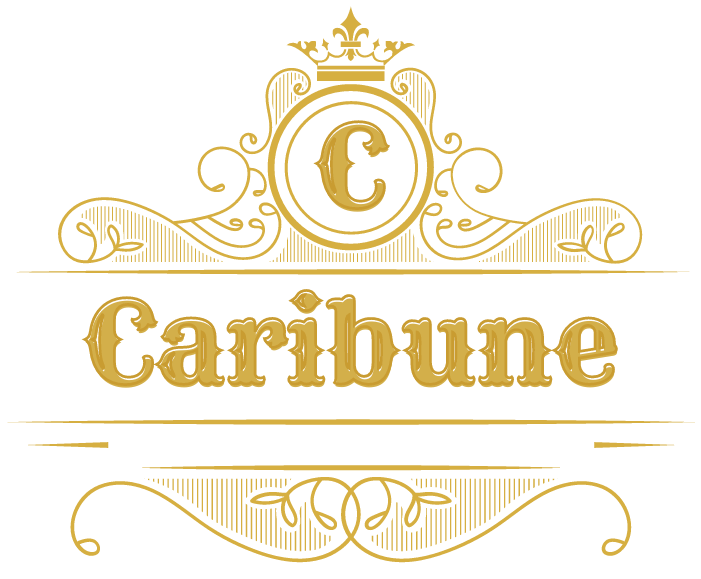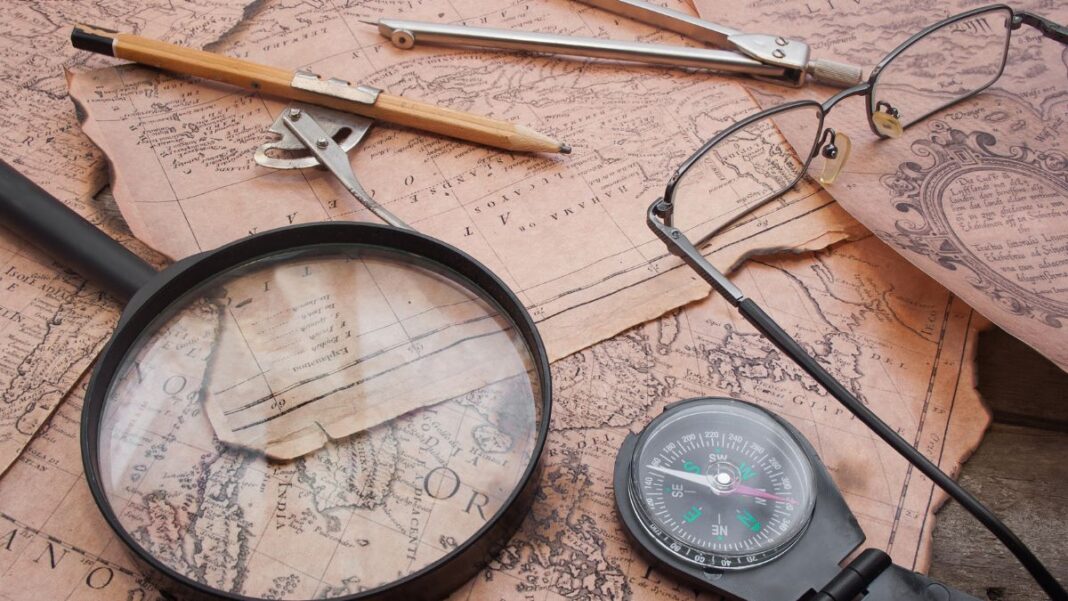The Caribbean region is a melting pot of cultures, customs, and traditions that have been shaped by a series of historical events. From the arrival of the first indigenous people to the colonization and slavery period, the Caribbean has a rich and complex history that has influenced its culture in various ways. In this article, we will take a detailed look at the historical events that have shaped Caribbean culture.
The Caribbean is comprised of a diverse group of islands, each with its own unique history and culture. The region has been shaped by a variety of historical events, including colonization, slavery, and independence movements. These events have left a lasting impact on the region and its people, influencing everything from cuisine and music to language and religion.
By examining the historical events that have shaped Caribbean culture, we can gain a deeper understanding of the region and its people. From the Taíno people to the arrival of European colonizers, and the subsequent African slave trade, the Caribbean has a complex and fascinating history that has influenced its culture in countless ways. In the following sections, we will take an in-depth look at some of the key historical events that have shaped Caribbean culture.
Colonial Influences and Settlement
The Caribbean region has been shaped by a complex history of colonialism, slavery, and cultural exchange. European powers, including Spain, France, and Britain, established colonies throughout the Caribbean, bringing with them their own languages, religions, and customs. These influences have played a significant role in shaping Caribbean culture as we know it today.
European Colonization
European colonization of the Caribbean began in the late 15th century with the arrival of Christopher Columbus and the Spanish. The Spanish established colonies in Cuba, Puerto Rico, and Hispaniola (which includes the modern-day nations of Haiti and the Dominican Republic). The French and British soon followed, establishing colonies in Haiti, Jamaica, and other islands.
During the colonial period, European powers exploited the region’s natural resources, including sugar, tobacco, and coffee. This led to the establishment of large plantations and the forced labor of enslaved Africans. The economic and social systems that developed during this time continue to influence Caribbean societies today.
African Enslavement and Heritage
The transatlantic slave trade brought millions of Africans to the Caribbean, where they were forced to work on plantations and in other industries. Enslaved Africans brought with them their own languages, religions, and cultural practices, which have had a lasting impact on Caribbean culture.
Today, the influence of African heritage can be seen in Caribbean music, dance, and cuisine. Many Caribbean nations celebrate Carnival, a festival that has its roots in African traditions.
Indigenous Peoples and Cultures
Before the arrival of Europeans, the Caribbean was home to a diverse array of indigenous peoples, including the Taíno, Carib, and Arawak. European colonization led to the displacement and genocide of many of these communities, but their cultural legacy lives on.
Today, many Caribbean nations celebrate Indigenous Peoples Day, recognizing the contributions and enduring legacy of these communities. Indigenous languages and cultural practices continue to be an important part of Caribbean culture.
In summary, the colonial period had a profound impact on the Caribbean, shaping the region’s languages, religions, and cultural practices. The legacy of this history continues to be felt today, as Caribbean nations navigate the challenges of modernization and globalization while also preserving their unique cultural heritage.
Cultural Synthesis and Evolution
Throughout its history, Caribbean culture has been shaped by a variety of historical events and cultural influences. The region has been a crossroads of cultures, with indigenous peoples, African slaves, European colonizers, and Asian immigrants all contributing to the cultural mix. Over time, this cultural synthesis has led to a unique and vibrant Caribbean culture that is rich in music, dance, food, religion, and language.
Creolization of Language and Religion
One of the most notable aspects of Caribbean culture is the creolization of language and religion. As a result of the region’s history of colonization and slavery, a unique blend of African, European, and indigenous languages and religions has emerged. Creole languages, such as Jamaican Patois and Haitian Creole, are now widely spoken throughout the Caribbean. Similarly, syncretic religions, such as Vodou and Santeria, have emerged that combine elements of African traditional religion with Catholicism.
Music, Dance, and Carnival
Caribbean music and dance are also an important part of the region’s culture. The rhythms of African drums and the melodies of European instruments have blended together to create a variety of musical styles, including reggae, salsa, soca, and calypso. These musical styles are often accompanied by dance, with movements that reflect the region’s African, European, and indigenous influences. Carnival, a festival of music, dance, and costume, is also an important part of Caribbean culture, with celebrations taking place throughout the region.
Cuisine and Agricultural Practices
Caribbean cuisine is another aspect of the region’s culture that has been shaped by historical events and cultural influences. The region’s cuisine is a blend of African, European, and indigenous ingredients and cooking techniques. Staples such as rice and beans, plantains, and cassava are common throughout the region. Caribbean agricultural practices have also been shaped by historical events, with the introduction of crops such as sugar cane, tobacco, and coffee by European colonizers.
Literature and Oral Traditions
Caribbean literature and oral traditions are also an important part of the region’s culture. The region has produced a number of notable writers, including Derek Walcott, Jean Rhys, and Jamaica Kincaid. Many Caribbean writers have explored themes of identity, race, and colonialism in their work. Oral traditions, such as storytelling and folktales, are also an important part of Caribbean culture, with stories that reflect the region’s African, European, and indigenous influences.
Frequently Asked Questions
What are the key milestones in the Caribbean history timeline?
The Caribbean region has a rich history that spans thousands of years. Some of the key milestones in the Caribbean history timeline include the arrival of the indigenous peoples, the European colonization period, the transatlantic slave trade, the abolition of slavery, and the struggle for independence. These events have had a significant impact on the region’s culture, economy, and society.
Who were the indigenous peoples of the Caribbean before European colonization?
Before the arrival of the Europeans, the Caribbean was home to several indigenous peoples, including the Taino, the Carib, and the Arawak. These groups had developed their own unique cultures and societies, which were based on agriculture, fishing, and hunting.
How did European colonialism shape the societies and economies of the Caribbean?
European colonialism had a profound impact on the societies and economies of the Caribbean. The Europeans introduced new crops, such as sugar cane and tobacco, which led to the establishment of large plantations and the importation of slaves from Africa. The region became a major center of the transatlantic slave trade, and the African slaves brought with them their own cultures and traditions, which became part of the Caribbean’s rich cultural heritage.
Can you list the cultural influences that have contributed to the modern Caribbean identity?
The modern Caribbean identity is a product of the region’s complex history and the diverse cultural influences that have shaped it. These influences include the indigenous cultures, the African traditions brought by the slaves, the European colonial legacy, and the contributions of other immigrant groups, such as the Chinese and the East Indians.
What are the names and historical significance of the 13 independent countries in the Caribbean?
The 13 independent countries in the Caribbean are Antigua and Barbuda, the Bahamas, Barbados, Belize, Dominica, Grenada, Guyana, Haiti, Jamaica, Saint Kitts and Nevis, Saint Lucia, Saint Vincent and the Grenadines, and Trinidad and Tobago. Each of these countries has its own unique history and culture, which have been shaped by their colonial past and their struggle for independence.
In what ways has the Caribbean’s colonial past affected its contemporary culture?
The Caribbean’s colonial past has had a profound impact on its contemporary culture. The region’s diverse cultural heritage is a product of its complex history, which includes the legacy of European colonialism, the African traditions brought by the slaves, and the contributions of other immigrant groups. Today, the Caribbean is a vibrant and diverse region, with a rich cultural heritage that is celebrated around the world.

